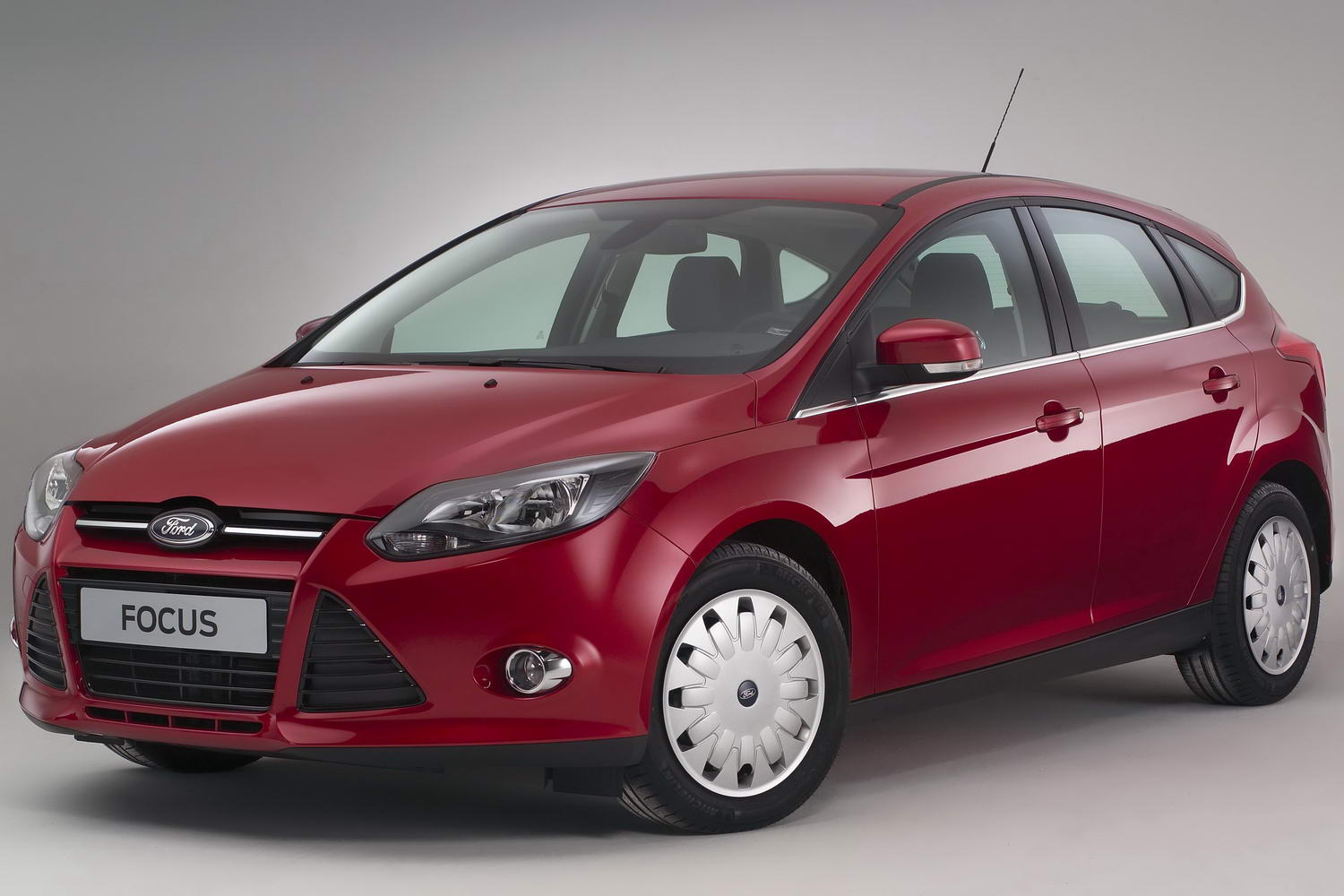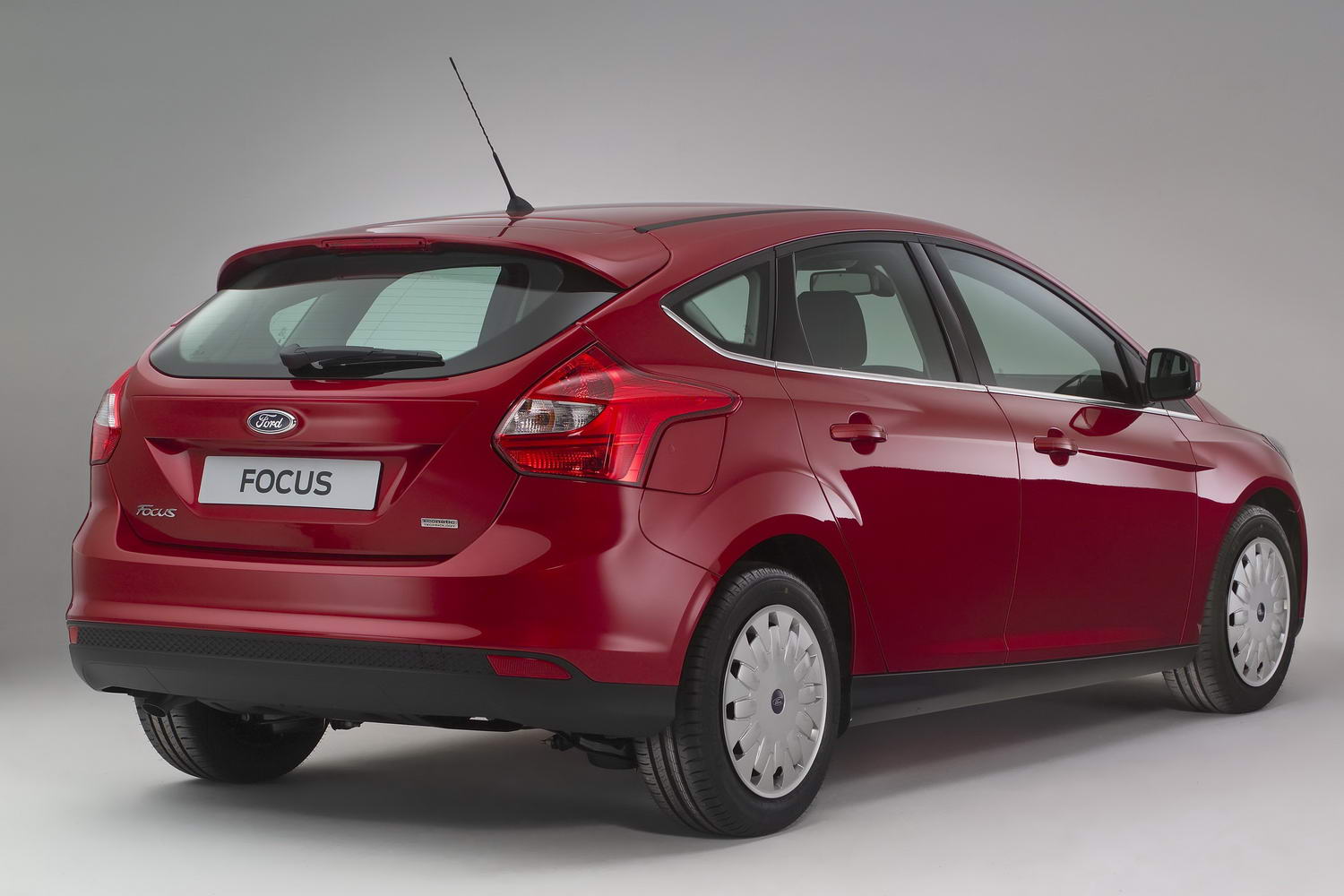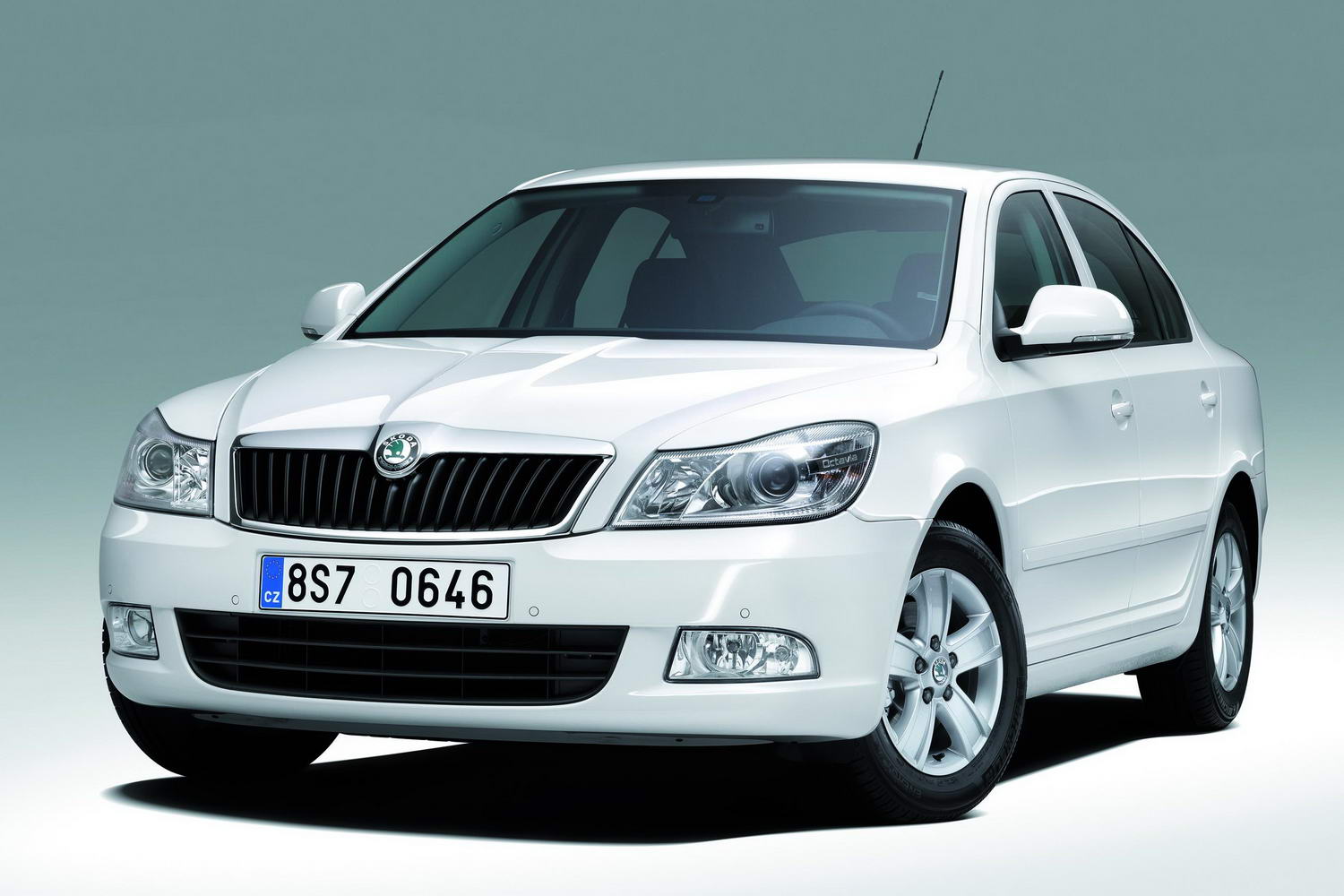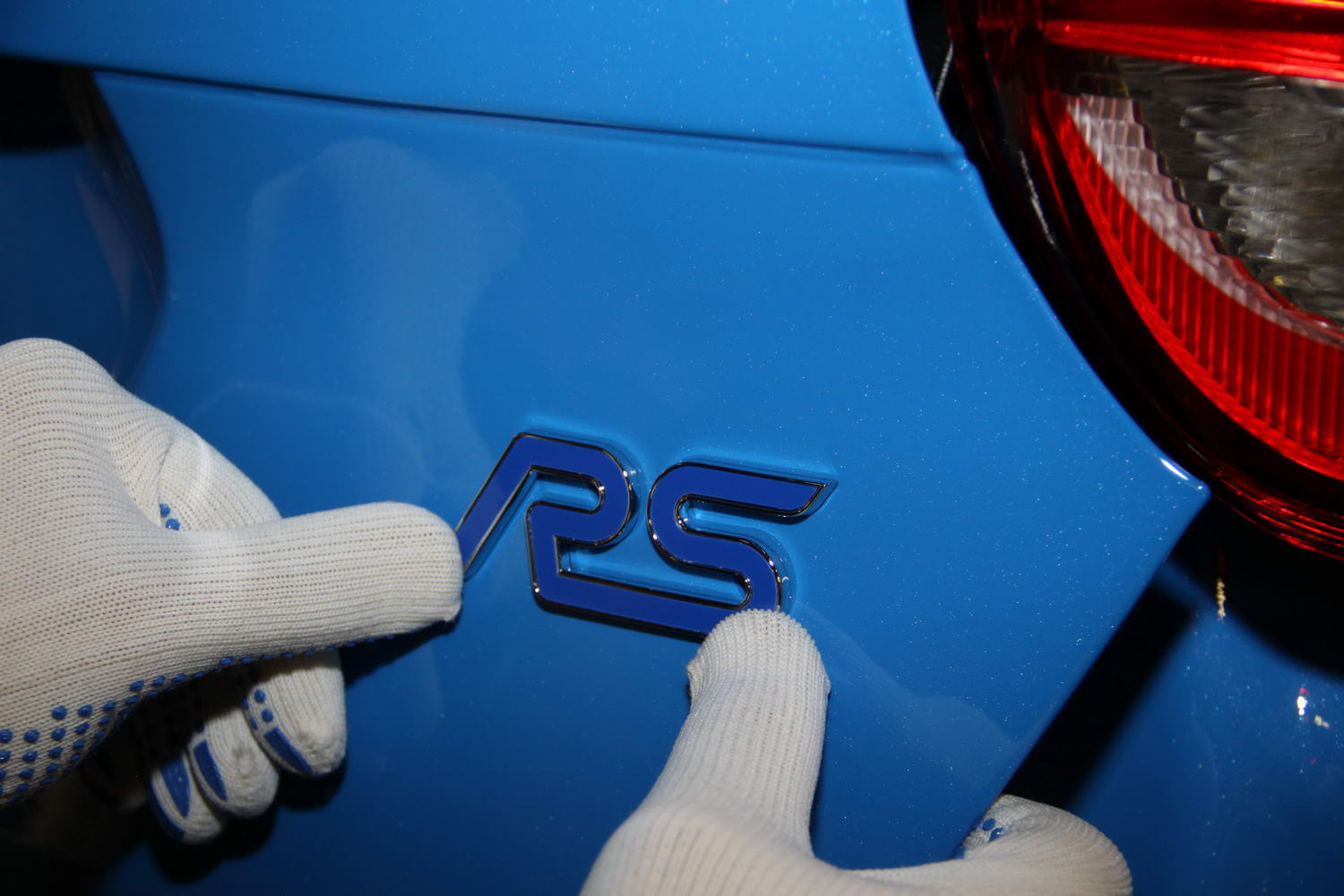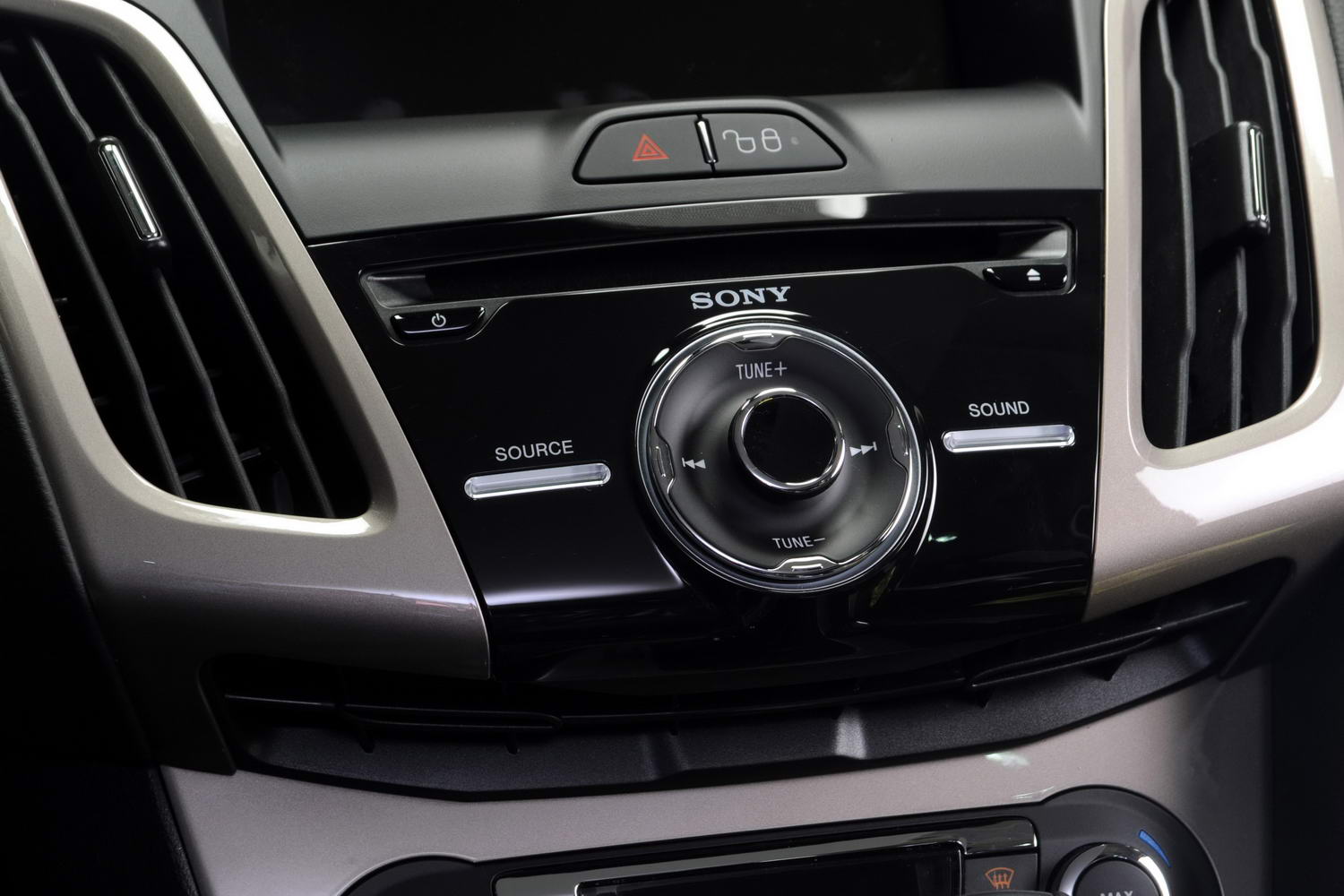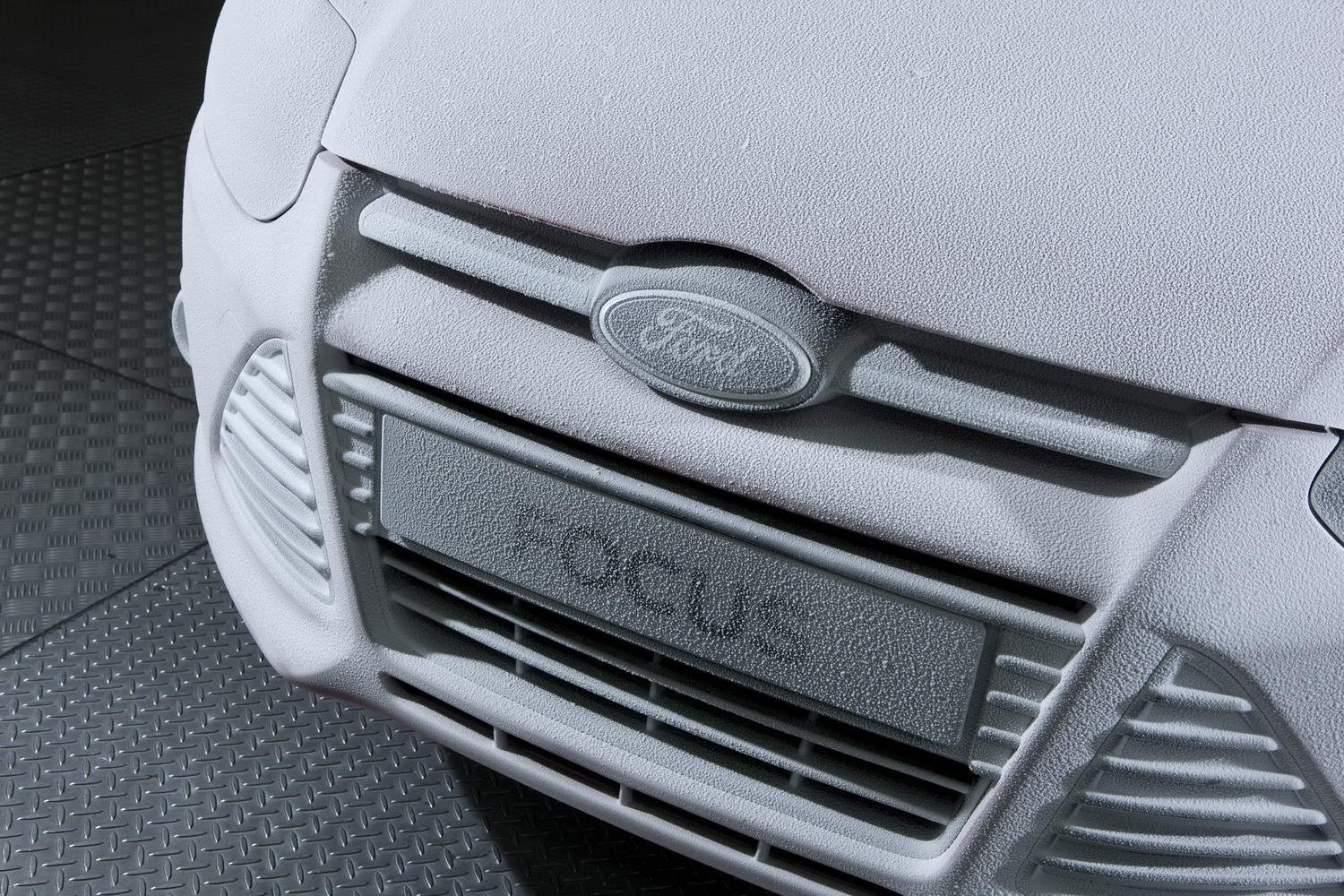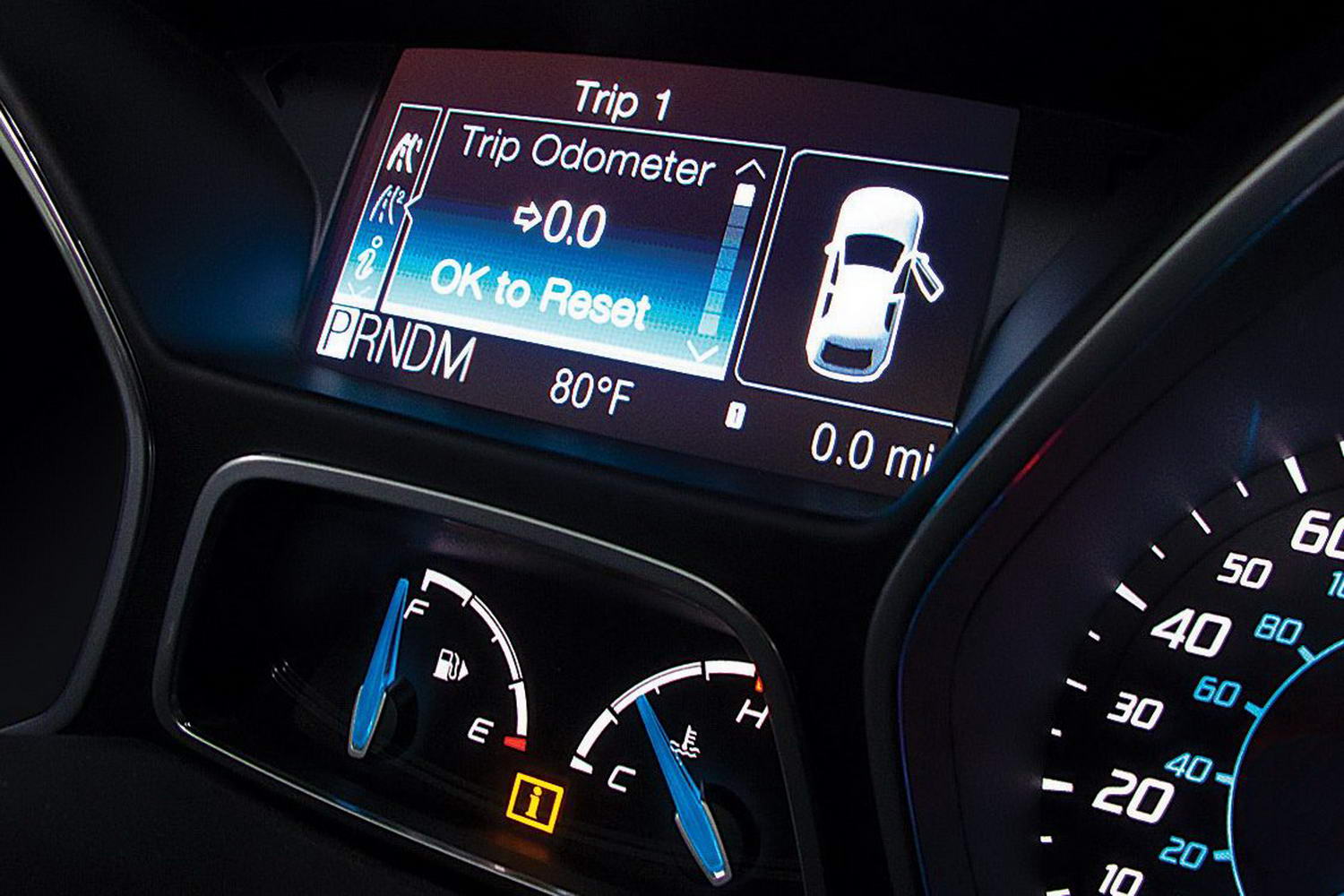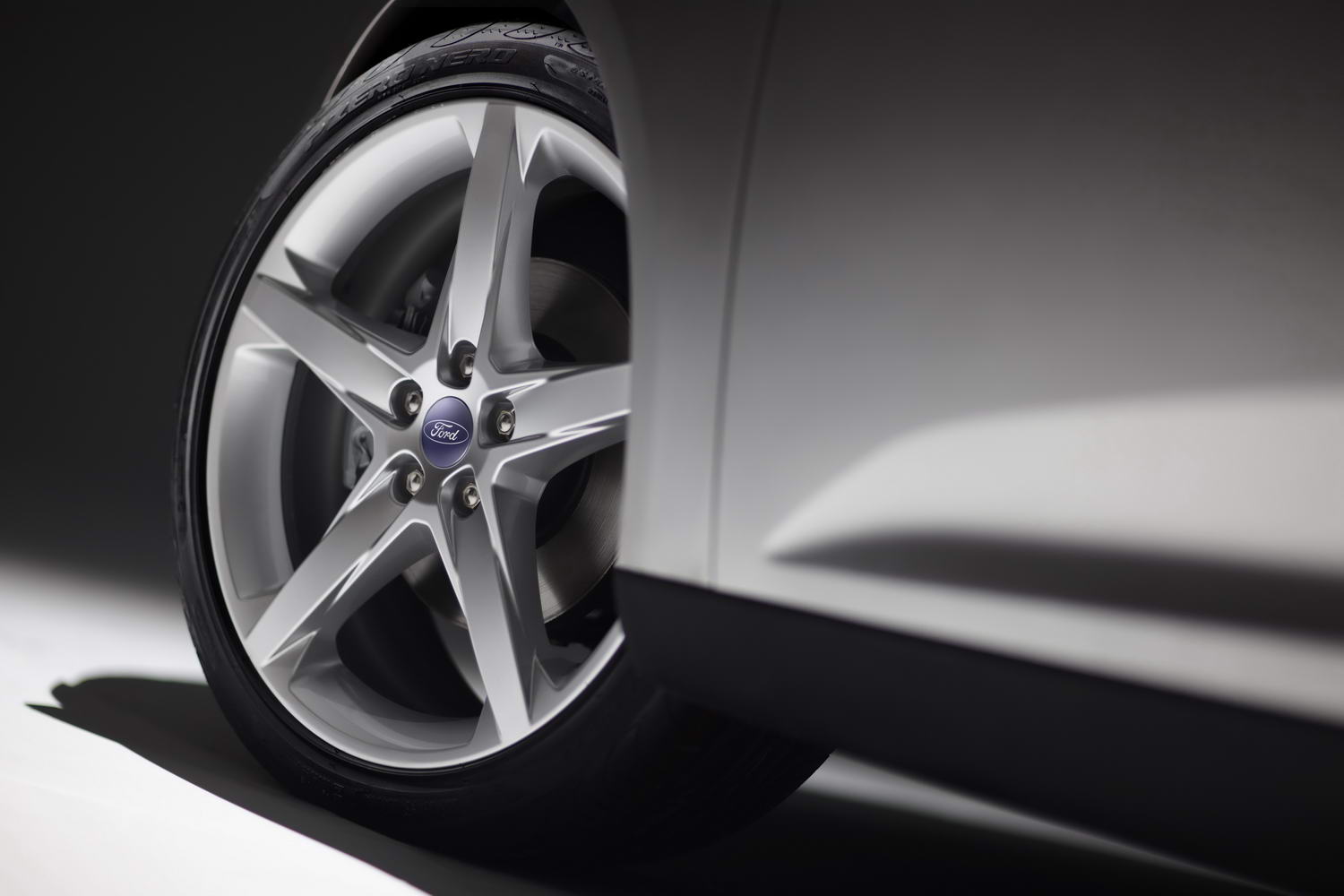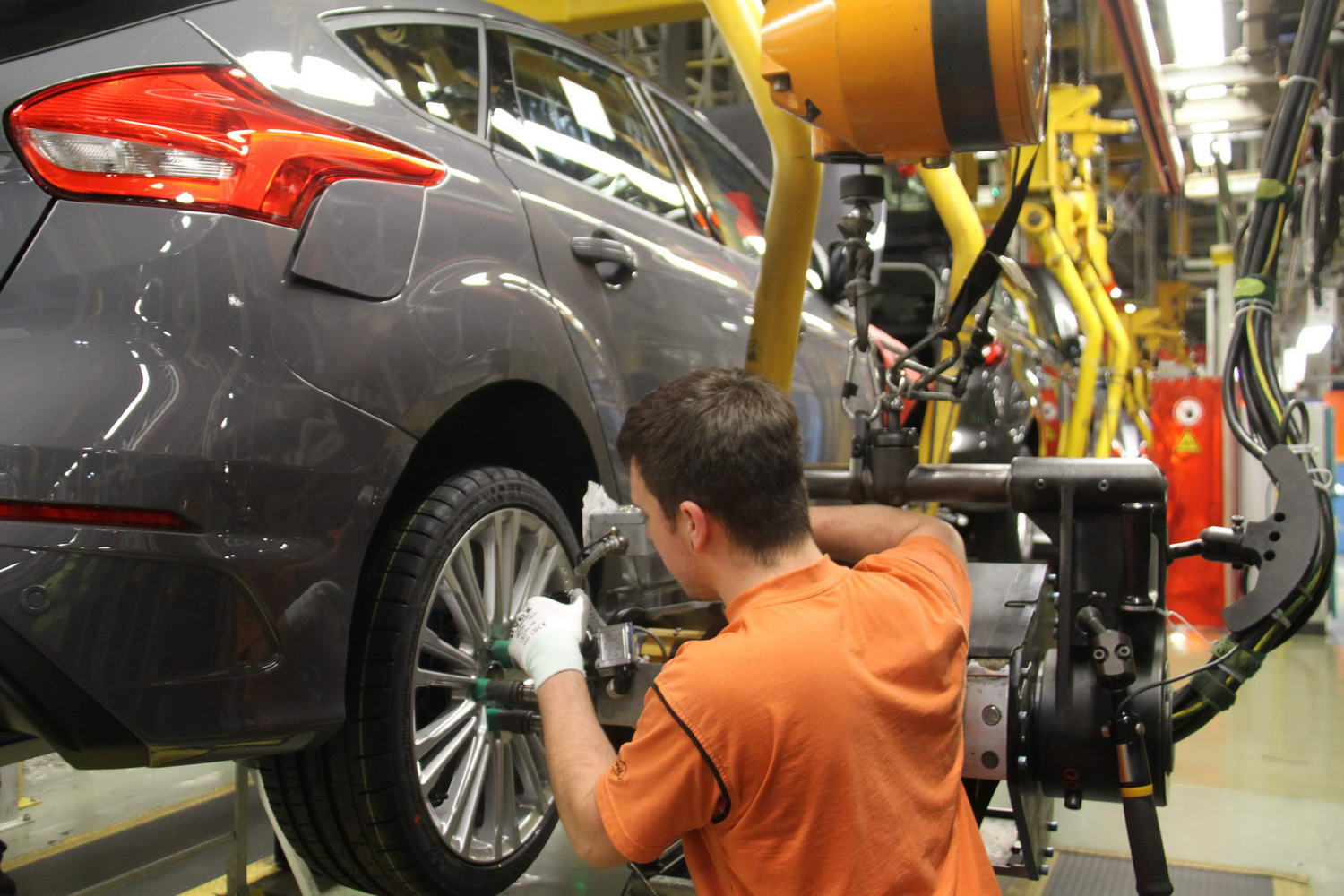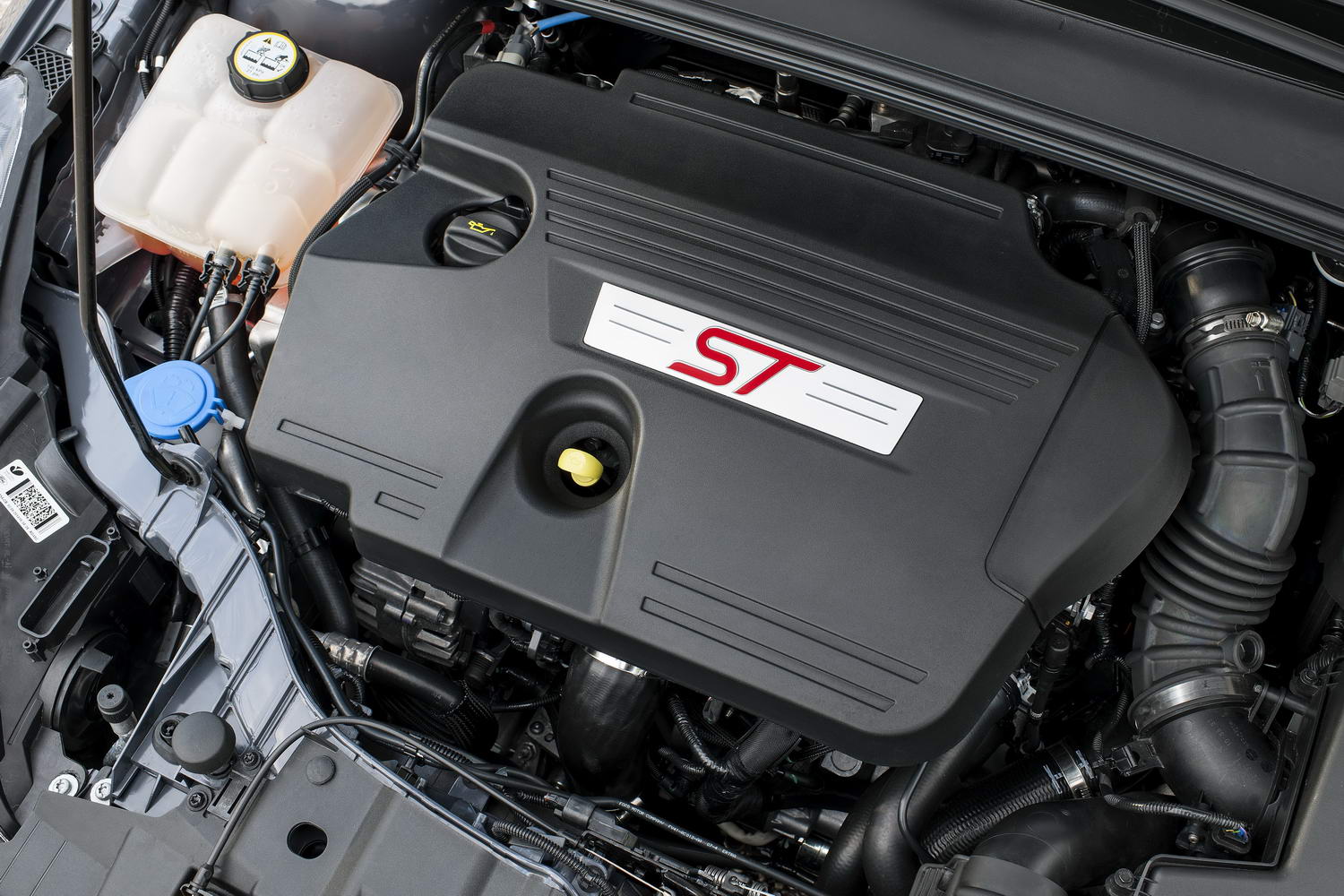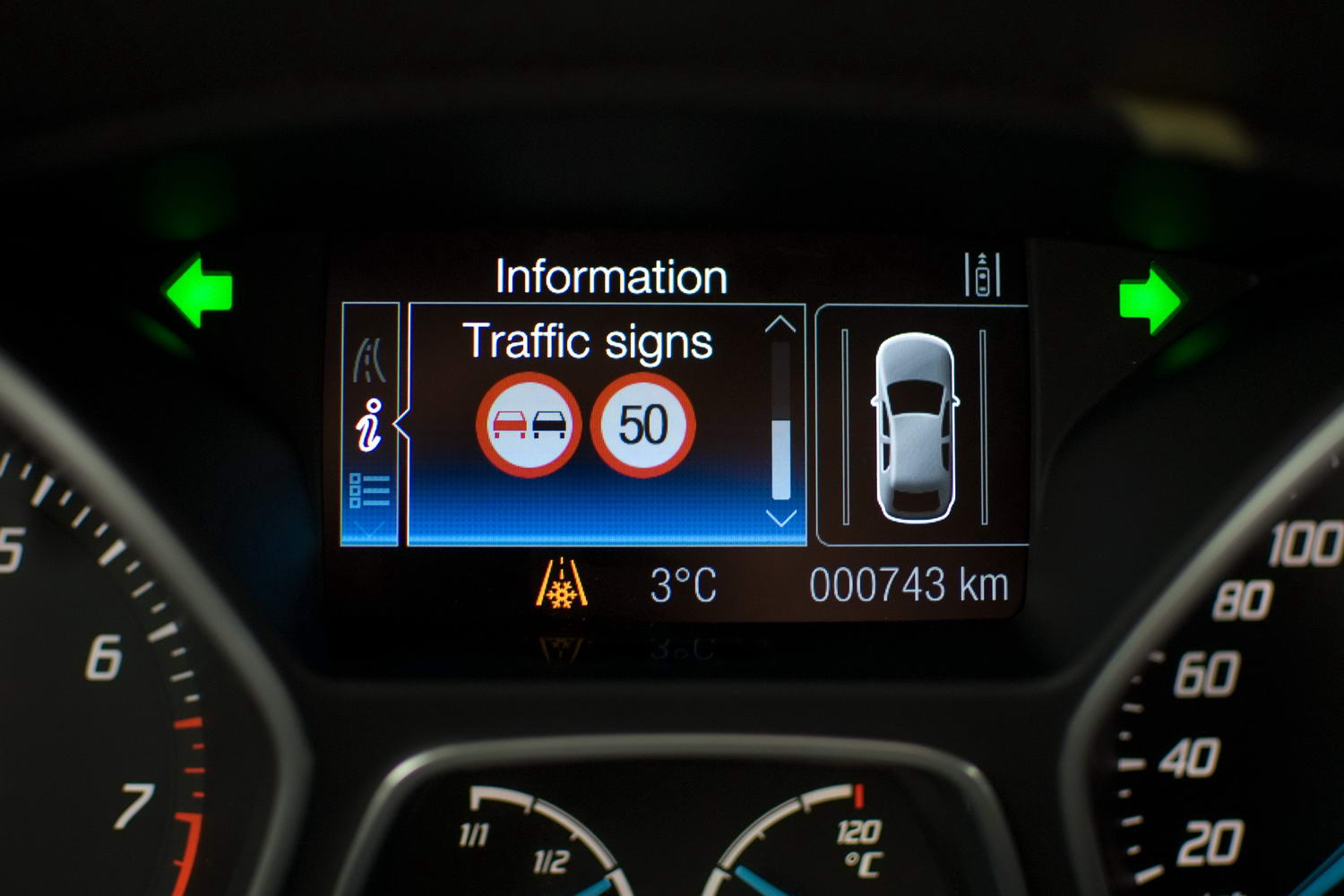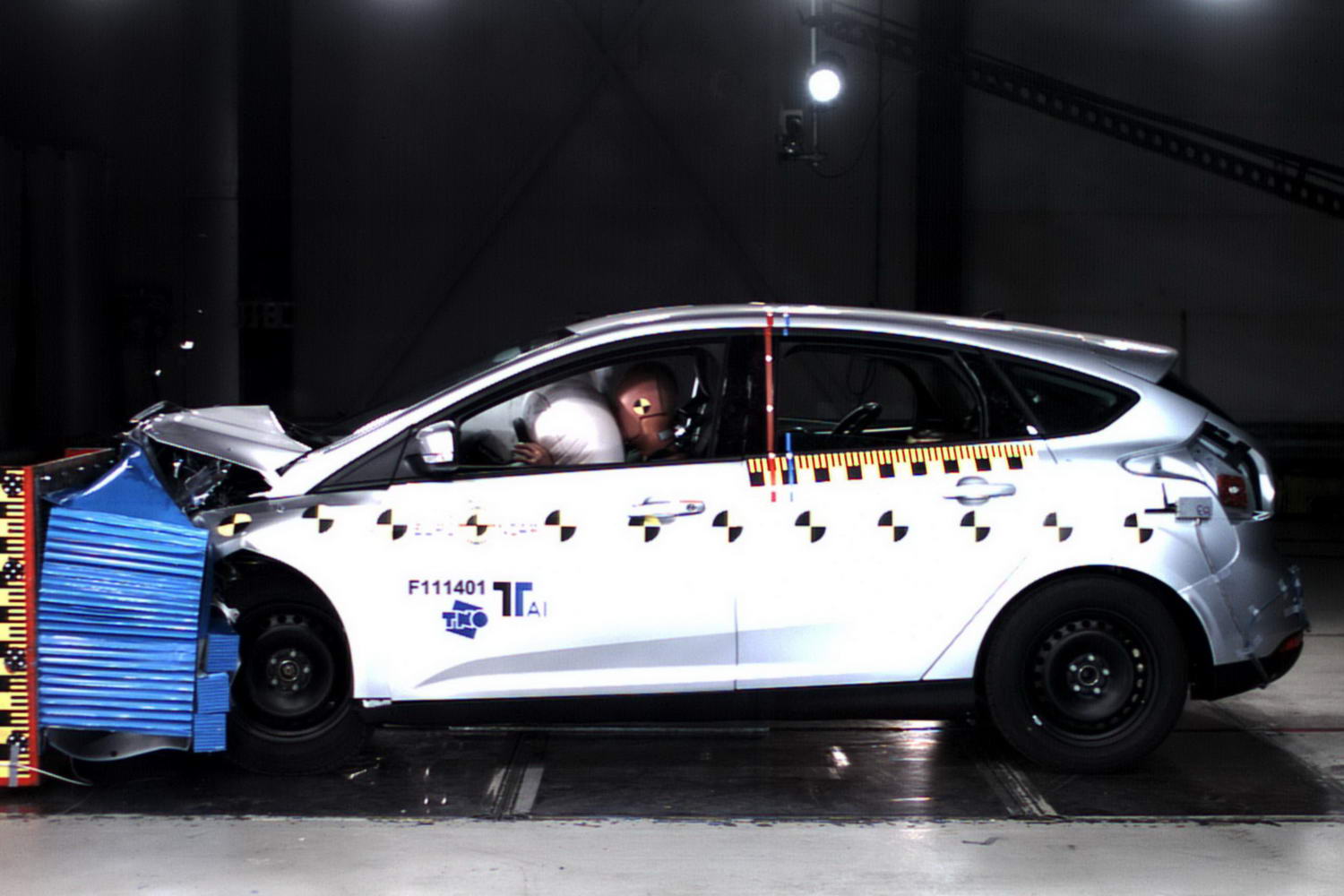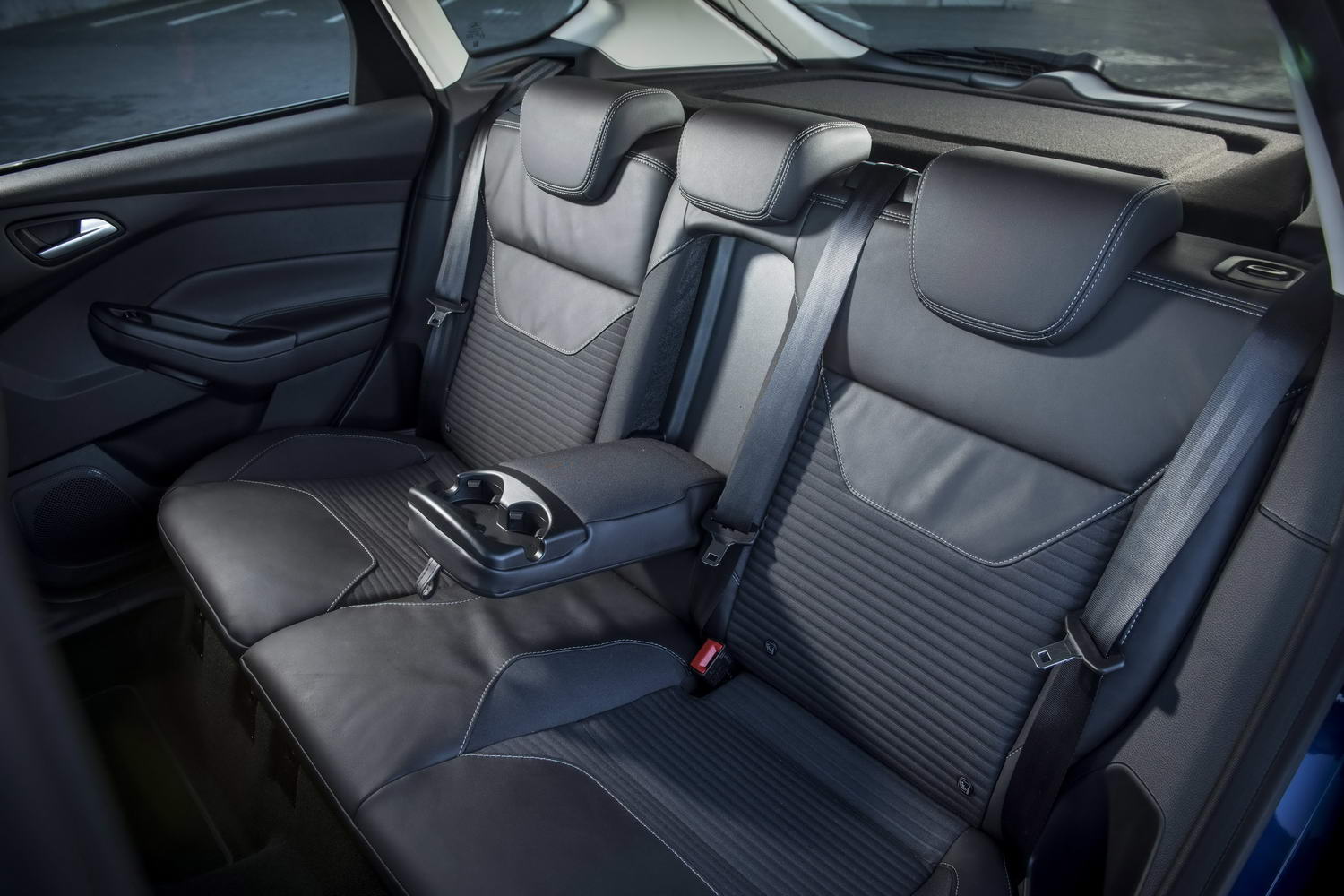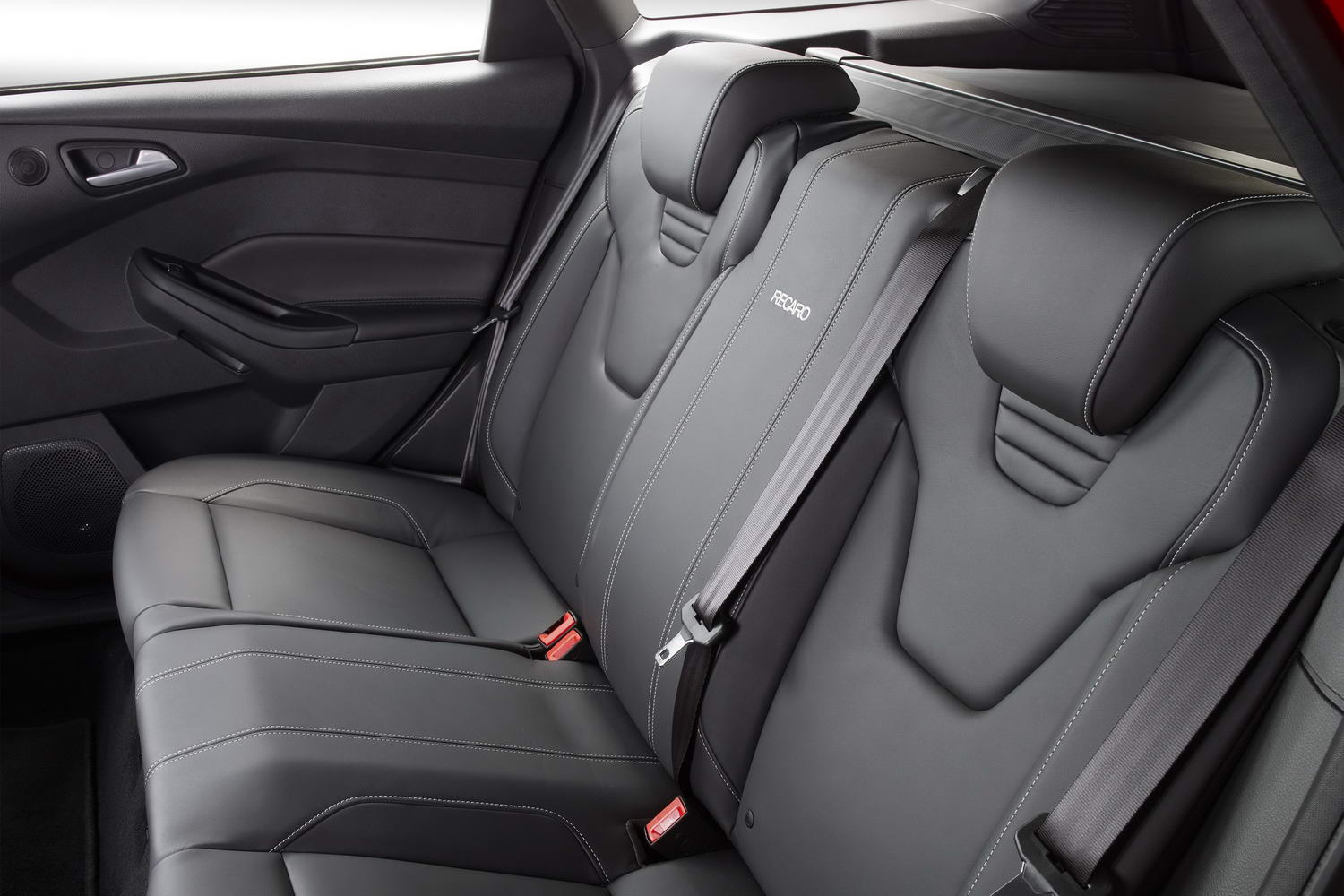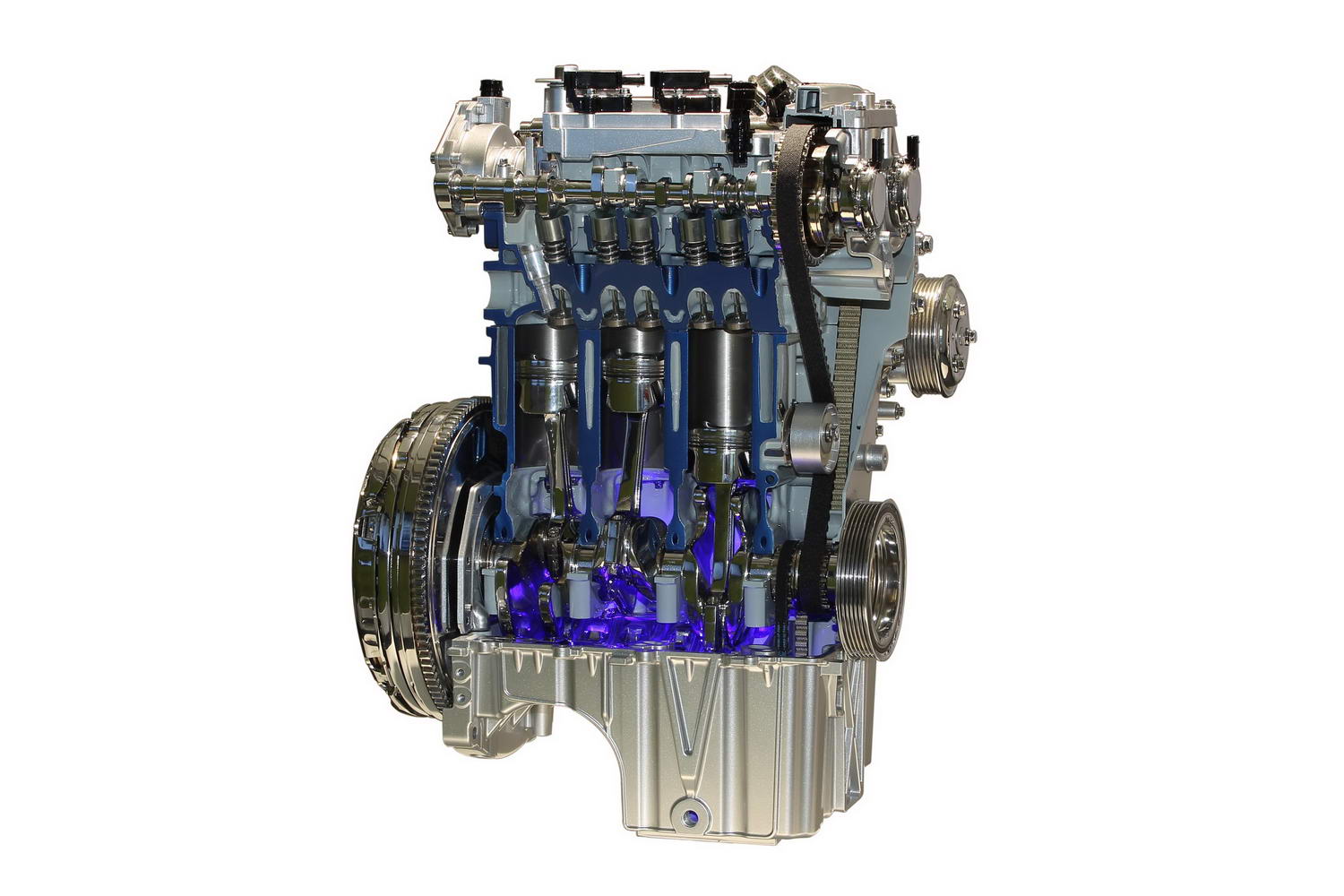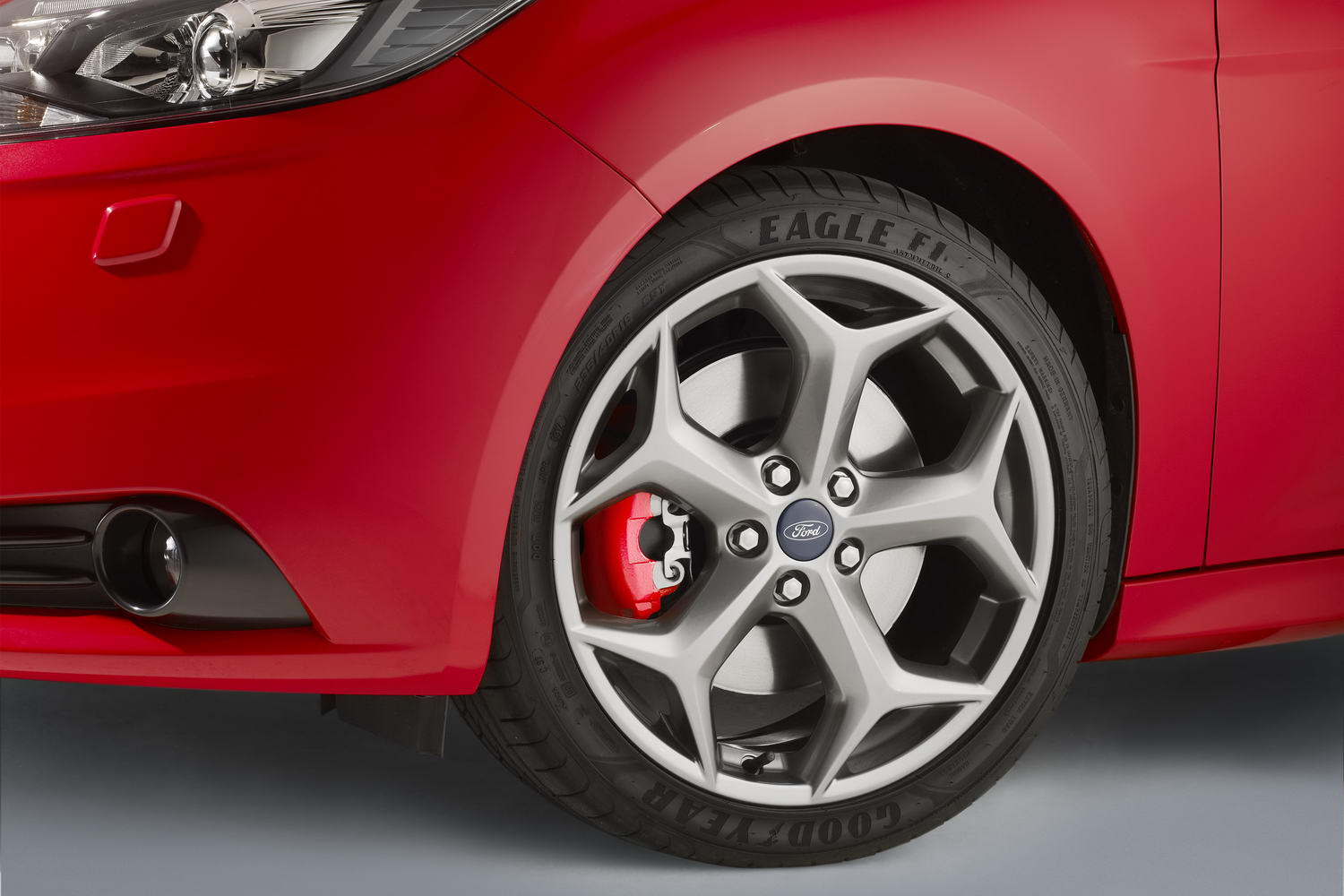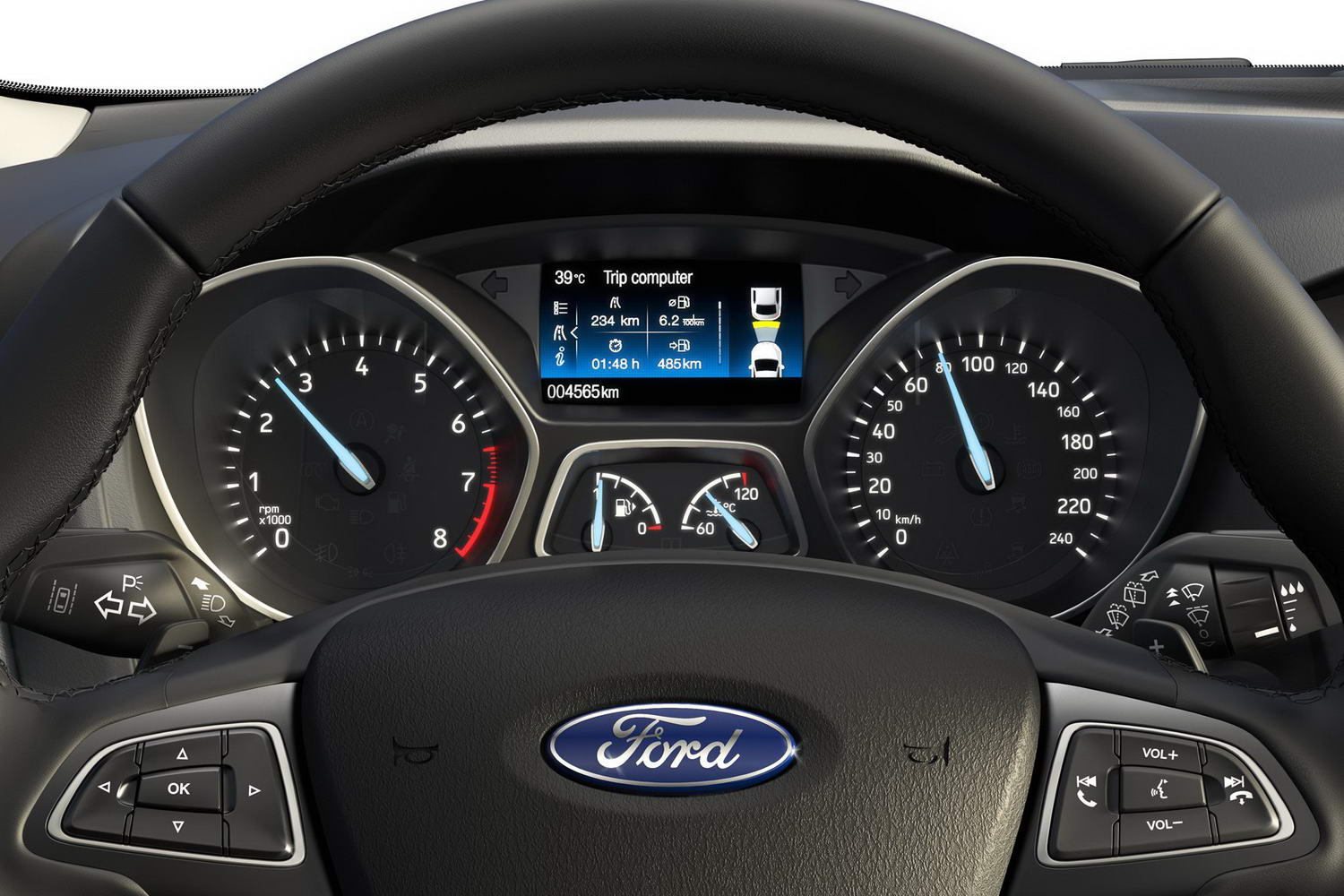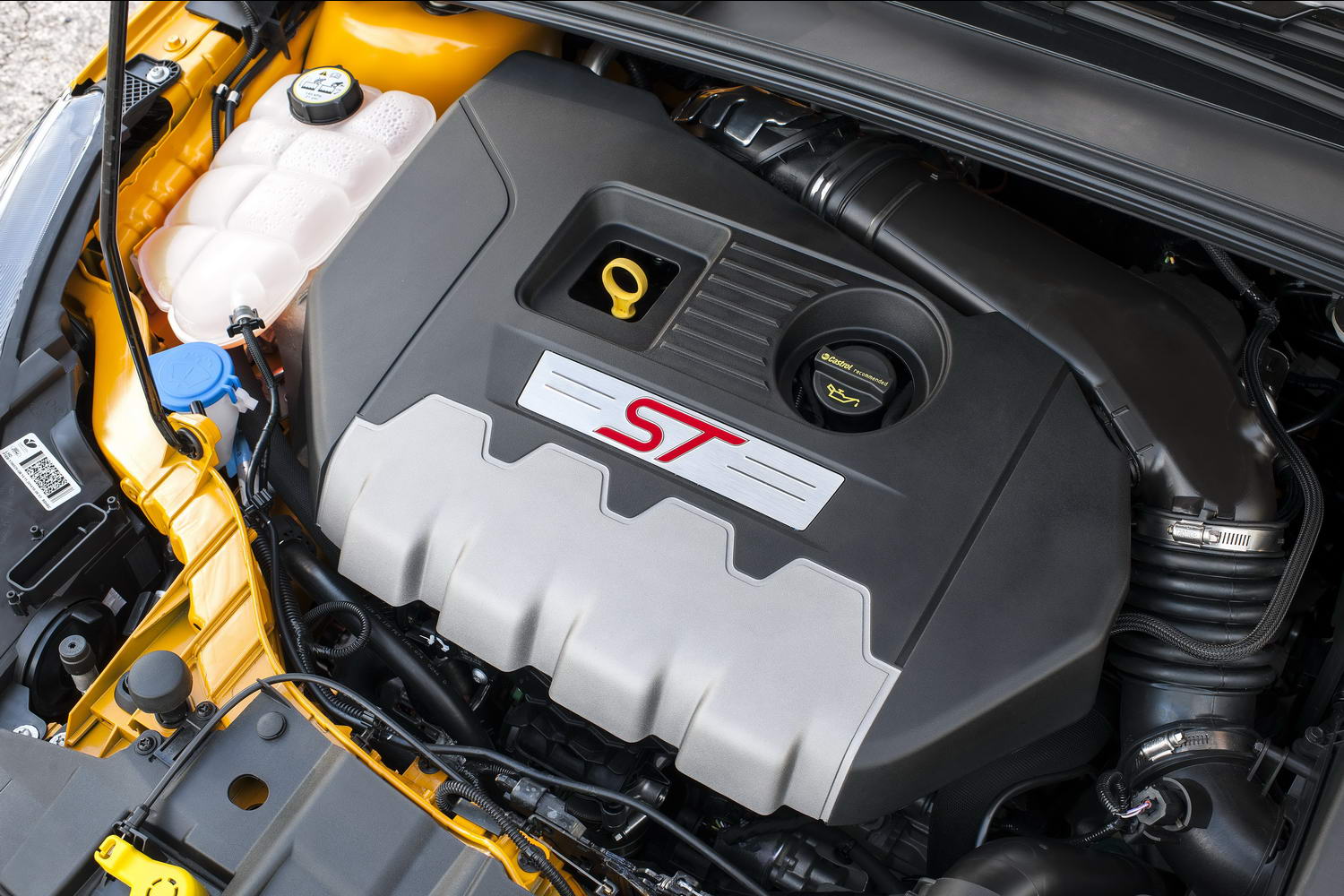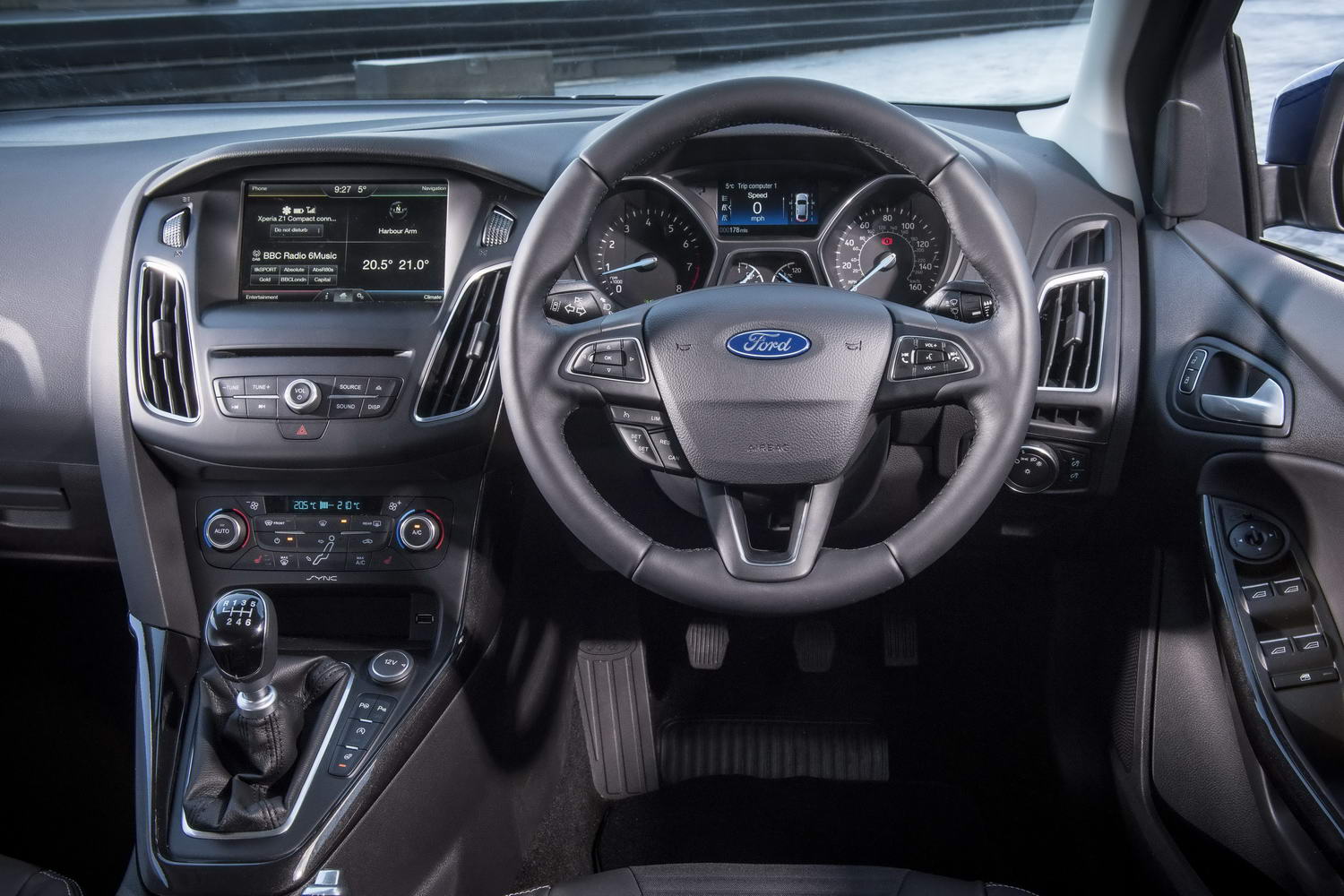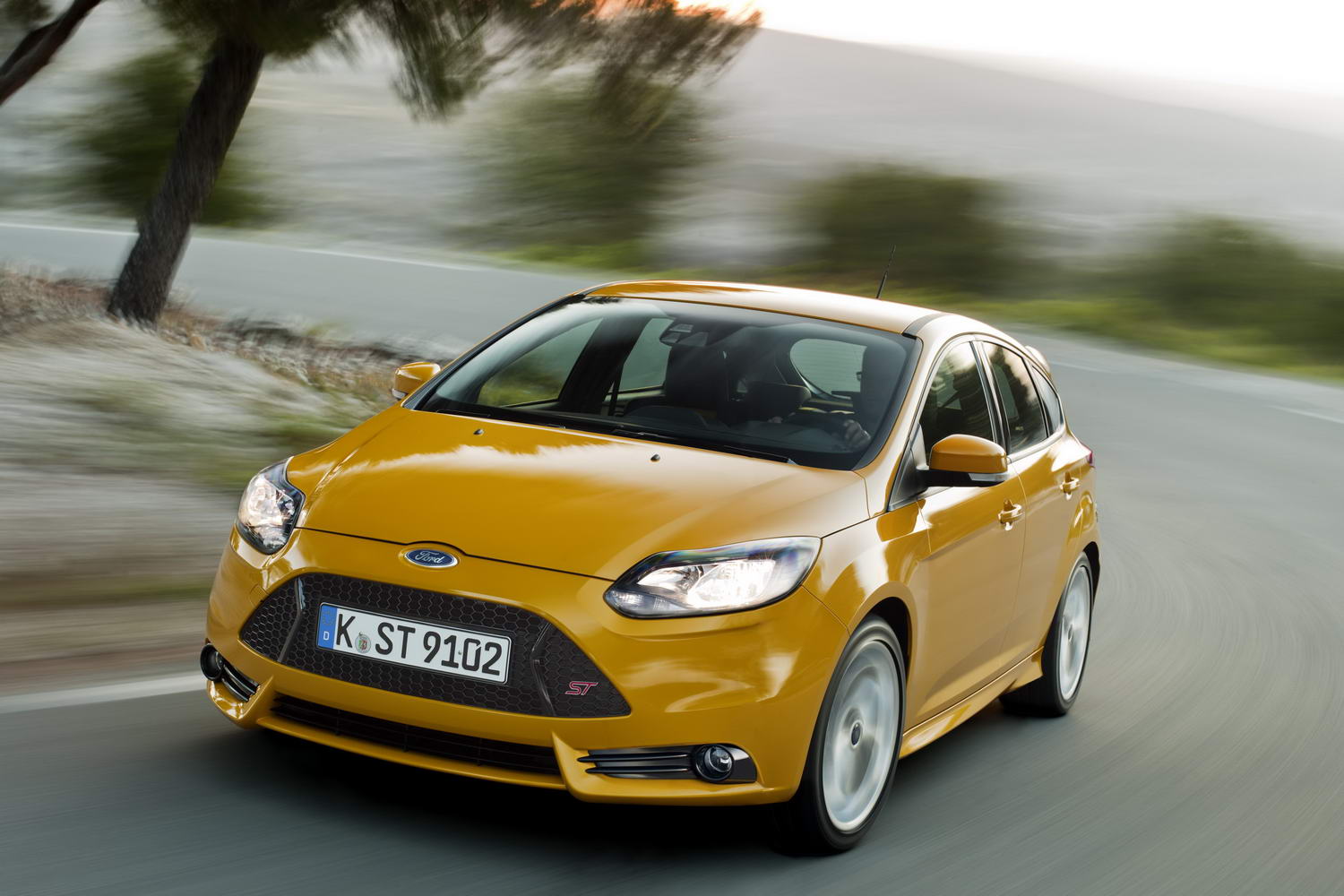How reliable is the Ford Focus Mk3?
The Ford Focus Mk3 is considered one of the more reliable models in its C-segment class - and not only that, but the ubiquity of the Focus, and Fords in general, means that spare parts are in plentiful supply and are relatively inexpensive, compared to those of some 'premium' rivals.
Nevertheless, the Focus Mk3 did not prove to be a faultless machine during its life cycle. Diesel models are said to be a bit more dependable than the petrol alternatives, but there are issues affecting both fuel types - such as premature failure of the clutch and/or dual-mass flywheel. It's not a common fault, yet if either lets go then you will be faced with big bills. Owners also report intermittent auto stop/start issues, which is normally a sign that the battery is on its way out and not unique to the Focus by any means. Watch also for excessive use of coolant, usually traceable to a leaking thermostat housing - which, thankfully, is reasonably easy to replace. Annoyingly, water ingress into the front door handles can lead to issues with the keyless entry if fitted, but it's not an expensive fix.
One of the biggest issues Ford had on the Mk3 Focus was with the PowerShift gearbox. It was a dry-clutch unit and it often displayed juddering tendencies, with clonking noises and poor gear-shifting, too. Some of that can be fixed by replacing the input shaft speed sensor. Eventually Ford replaced it with a wet-clutch unit from about 2015 on, or just a plain torque-converter automatic, which eradicated the problems with the earlier PowerShift transmissions. The manual gearboxes aren't completely free from issues, either, so make sure they, for example, don't pop out of first or second gear.
Ford issued a trio of voluntary recalls on the Focus Mk3, throughout 2018 and 2019. The first affected models were built from July 2014 to 2015, using the 2.0-litre Duratorq TDCi. An engine control module calibration may have possibly failed to detect overheating in the turbodiesel, which - in severe cases - could mean that a TDCi unit that cooked itself would breach its own oil sump, causing loss of all engine oil.
The next recall affected models with the 1.0- and 1.5-litre EcoBoost engines, built between June 2, 2015 and August 17, 2018. The six-speed manual gearbox could suffer clutch pressure-plate fracture, resulting in excessive clutch smell, reduced vehicle speed and impaired performance. A similar issue culminated in a third recall at the end of 2019, for various Ford models built between 2009 and 2013 (in the Focus' case, only from 2011-2013). This one was again for the clutch pressure-plate breaking while the car was in motion, which could see a loss of power and even possible engine fires.
Most of these recalls should have been carried out by now, as they only affected a small number of cars in Ireland, but get the registration number and VIN (if possible) of any Focus you are looking at, before checking with Ford Ireland to see if the remedial work has been done.
If you've owned a Focus Mk3, we'd love to hear from you about its reliability and running costs. Send us a message via the contact form on this page with as much detail as you can. We may publish the information here, accompanied by your first name if you provide it. Thank you.

